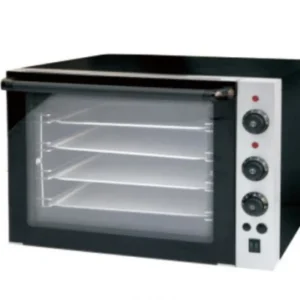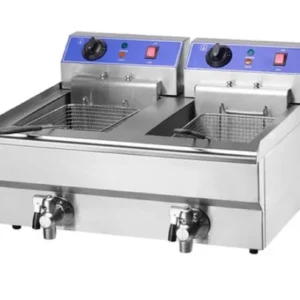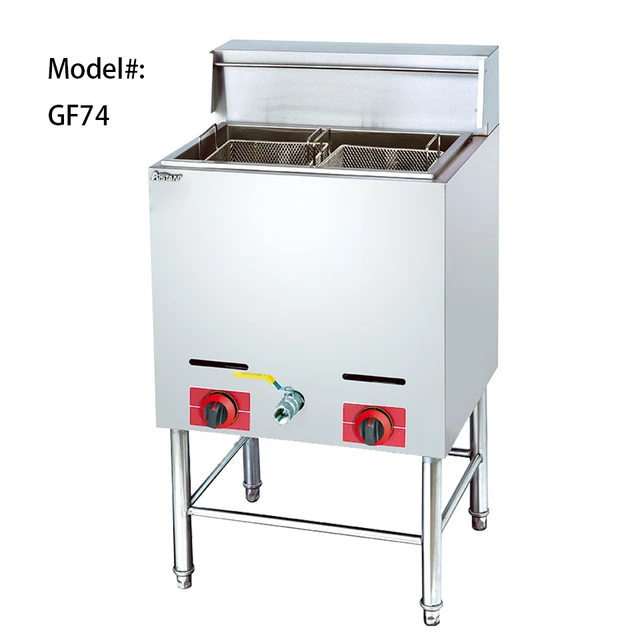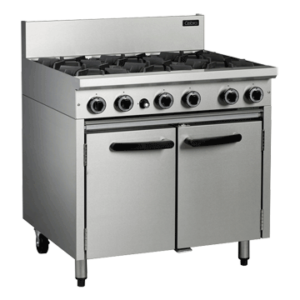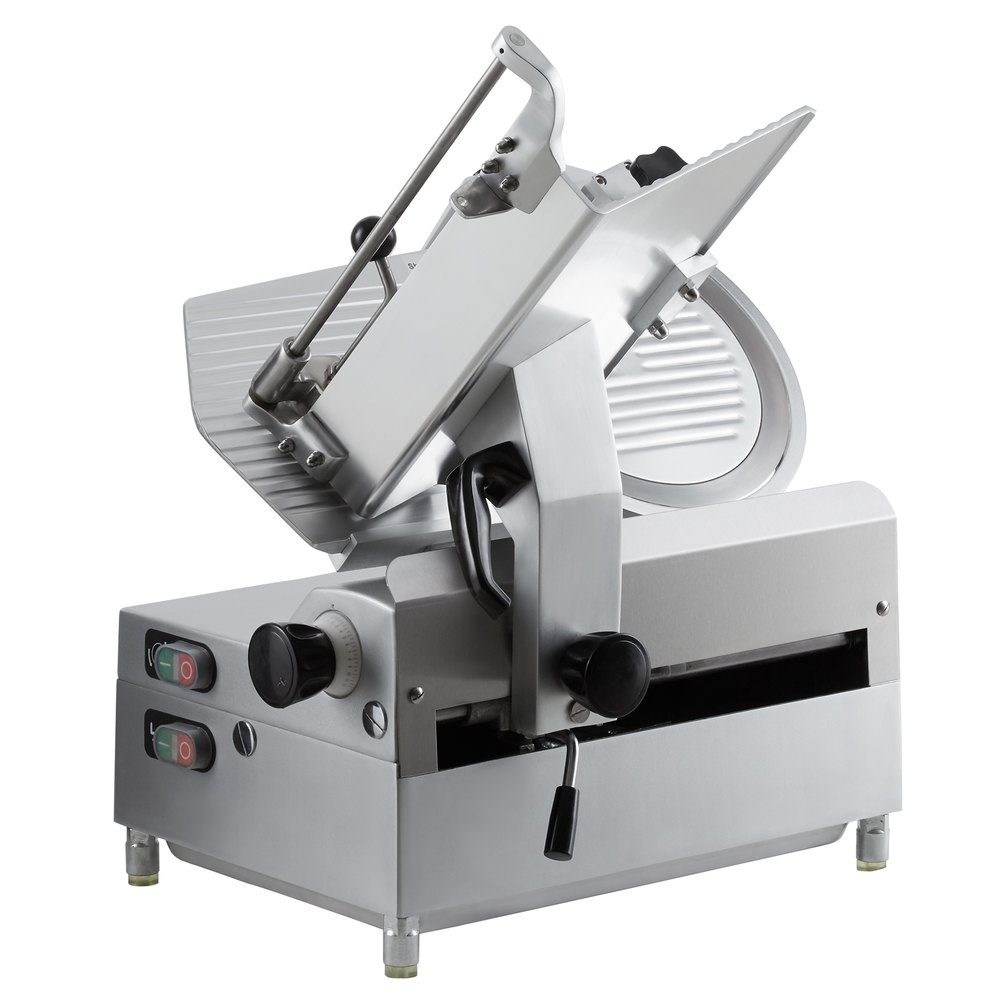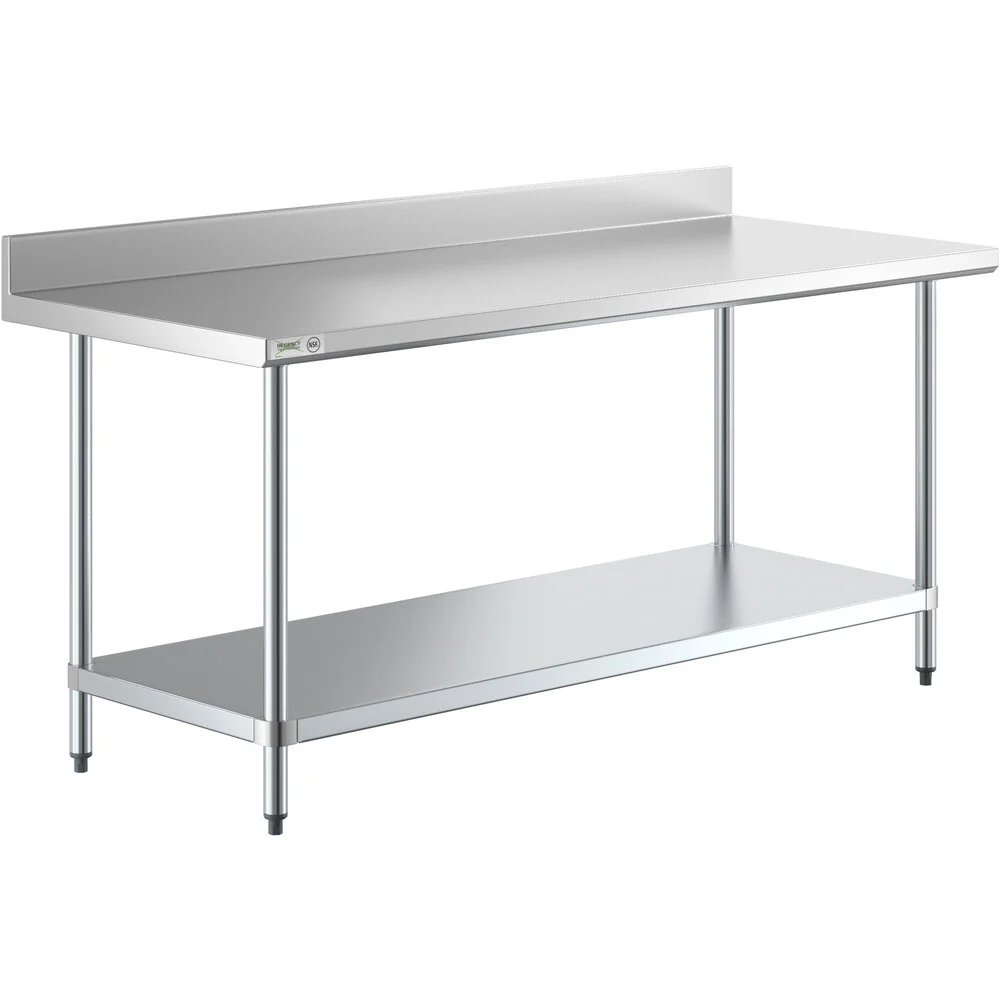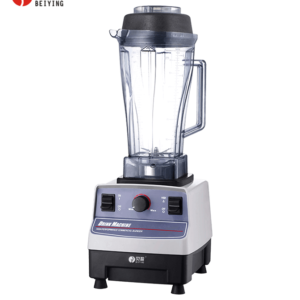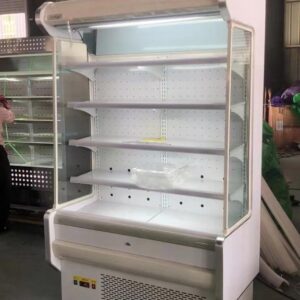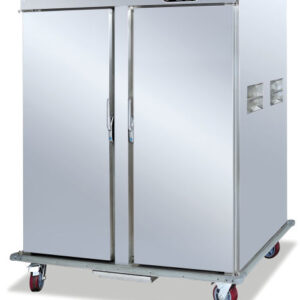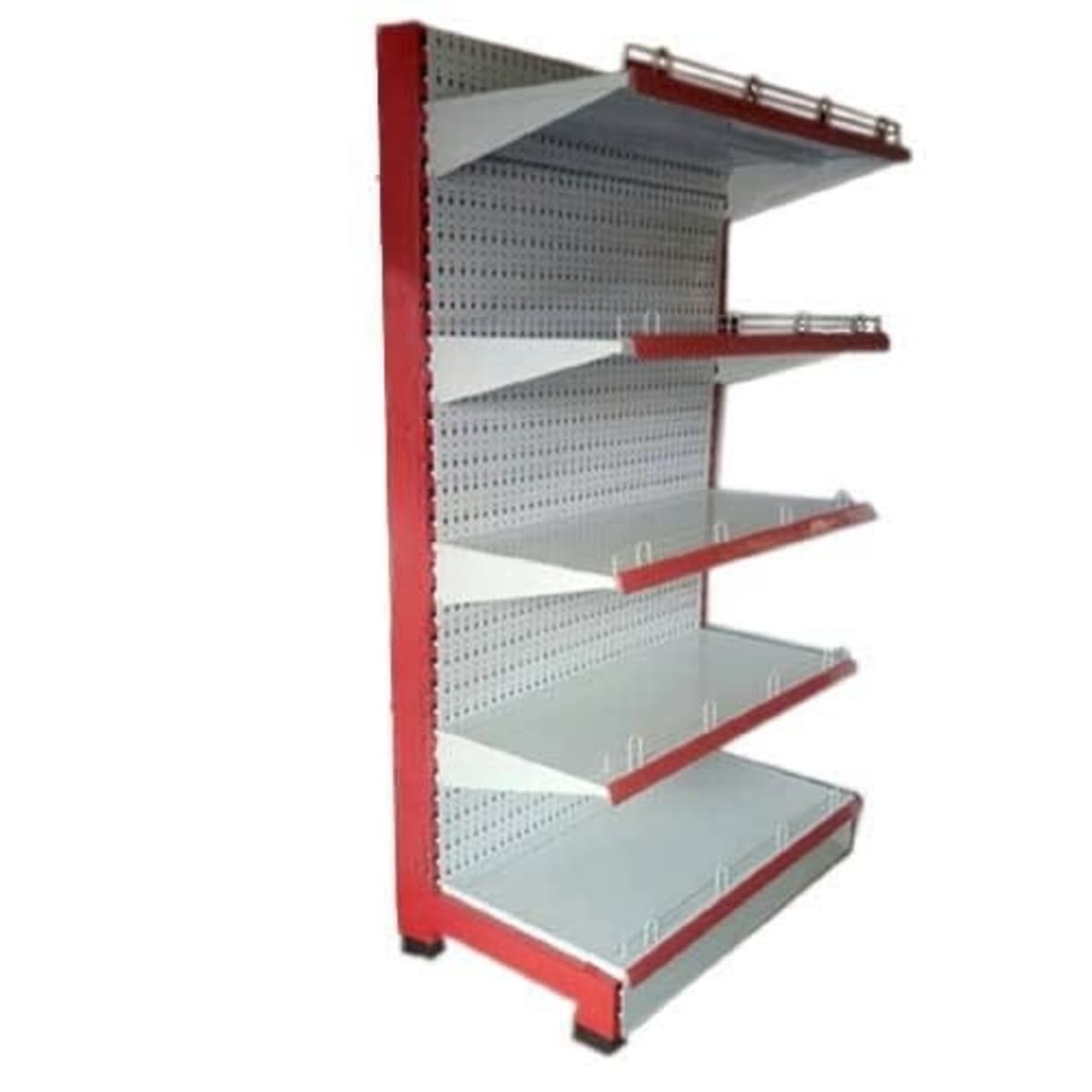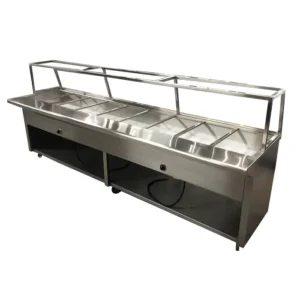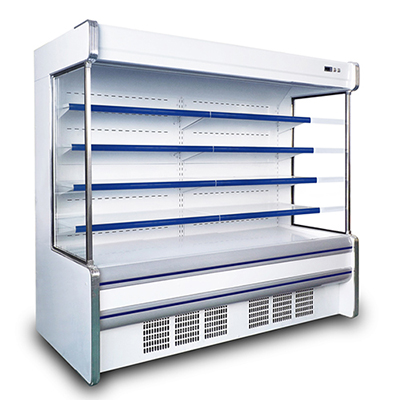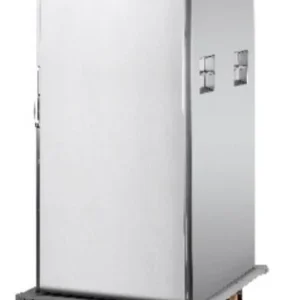Commercial Equipment Guide for Kitchens

What Is Commercial Kitchen Equipment?
Commercial kitchen equipment refers to high-grade tools, appliances, and machines specifically designed for use in food service establishments. Unlike domestic kitchen appliances, commercial equipment is built to handle large-scale food production, continuous operation, and strict hygiene standards. These machines are more powerful, more durable, and often come with features that cater to professional chefs and food entrepreneurs.
Who Needs Commercial Kitchen Equipment?
Commercial kitchen equipment isn’t just for big restaurants. Any kitchen that serves a high volume of food regularly or needs industrial-level efficiency will require commercial-grade equipment. Examples include:
-
Restaurants & Fast Food Chains
-
Cafeterias (schools, hospitals, offices)
-
Hotels and Resorts
-
Catering Services
-
Bakery Shops & Pastry Businesses
-
Food Trucks & Mobile Kitchens
-
Event Centers & Banquet Halls
-
Industrial Kitchens (Factories, Camp Kitchens)
If your kitchen operation goes beyond feeding a household, you need commercial equipment to keep up with demand, stay efficient, and maintain food safety standards.
Check out our post on How to Start a food business in Nigeria, also How to start a supermarket business in Nigeria
Why Is Commercial Kitchen Equipment Important?
Unlike household appliances, commercial kitchen equipment is built for high-capacity use, long hours, and frequent cleaning. Investing in the right equipment saves you money in the long run, boosts efficiency, and helps you stay compliant with hygiene standards.
Proper equipment can also:
- Reduce food waste
- Improve customer satisfaction
- Enhance staff productivity
- Ensure consistency in taste and presentation
Essential Commercial Kitchen Equipment
1. Cooking Equipment
- Gas or electric ranges
- Grills & griddles
- Deep fryers
- Convection ovens
- Microwaves
2. Food Preparation Equipment
- Commercial blenders
- Mixers (hand mixers, planetary mixers)
- Food processors
- Slicers and dicers
- Work tables and cutting boards
3. Refrigeration & Storage
- Commercial refrigerators & freezers
- Undercounter chillers
- Cold rooms
- Dry storage shelving units
4. Display Equipment
- Bain maries
- Heated display units
- Refrigerated showcases
- Food warmers
5. Dishwashing & Sanitation Equipment
- Commercial sinks
- Dishwashers
- Handwashing stations
- Soap and sanitizer dispensers
6. Ventilation & Fire Safety
- Extractor hoods
- Grease filters
- Fire suppression systems
Cost Estimates (As of 2025)
| Equipment Category | Estimated Price Range (NGN) |
|---|---|
| Gas Range + Oven | ₦400,000 – ₦1,200,000 |
| Deep Fryer | ₦250,000 – ₦600,000 |
| Refrigerator | ₦600,000 – ₦2,000,000 |
| Bain Marie | ₦150,000 – ₦450,000 |
| Commercial Blender | ₦70,000 – ₦200,000 |
| Display Chiller | ₦300,000 – ₦1,500,000 |
What’s the Difference Between Commercial and Domestic Kitchen Equipment?
While both types of equipment serve the purpose of preparing food, the key differences between commercial and domestic kitchen equipment lie in their design, capacity, durability, and purpose.
1. Capacity & Performance
Commercial equipment is built to handle large-scale food production continuously throughout the day, while domestic equipment is designed for light, occasional use in homes.
2. Durability
Commercial appliances are made with heavy-duty materials like stainless steel. Domestic appliances use lighter materials and wear faster with frequent use.
3. Power & Speed
Commercial machines operate at higher wattage for efficiency. Domestic machines run slower, suited for home meal prep.
4. Size
Commercial equipment is typically larger and requires more space, while domestic equipment is compact and fits easily in a standard kitchen.
5. Cost
Commercial units are more expensive but long-lasting. Domestic equipment is more affordable upfront.
6. Maintenance & Safety
Commercial equipment often needs professional servicing and includes advanced safety features. Domestic units are simpler to maintain at home.
Comparison Table
| Feature | Commercial Equipment | Domestic Equipment |
|---|---|---|
| Usage | High-volume, continuous use | Low-volume, occasional use |
| Durability | Industrial-grade, rugged | Household-grade, moderate use |
| Power & Speed | High power, fast | Lower power, slower |
| Size | Large and bulky | Compact and space-saving |
| Cost | Expensive, long-term investment | Affordable |
| Maintenance | Professional servicing required | Easy home maintenance |
Where to Buy Commercial Kitchen Equipment in Nigeria
When it comes to quality and reliability, afess.ng is the number one store to purchase kitchen equipment in Nigeria. Whether you need a full kitchen setup or individual appliances, afess.ng offers:
- Verified, durable brands
- Equipment for all business sizes
- After-sales support
- Nationwide delivery
Don’t take chances with untrusted vendors—get your commercial kitchen equipment from the most reliable source.
Tips for Buying Commercial Kitchen Equipment
- Plan your kitchen layout first – Know your space and workflow.
- Buy energy-efficient models – Saves electricity and lowers running costs.
- Invest in quality, not just price – Cheaper equipment may cost more in maintenance.
- Think about future scalability – Choose items that can support expansion.
- Get warranties and service agreements – Equipment downtime can affect your business.
Conclusion
A successful kitchen starts with the right foundation—your equipment. Whether you’re opening a restaurant, catering company, or food truck, understanding what you need and where to buy it makes all the difference.
afess.ng is your trusted partner for commercial kitchen equipment in Nigeria. From bain maries to ovens, fridges, and everything in between, we help you set up a kitchen that works just as hard as you do.
Ready to upgrade your kitchen? Visit afess.ng today.
